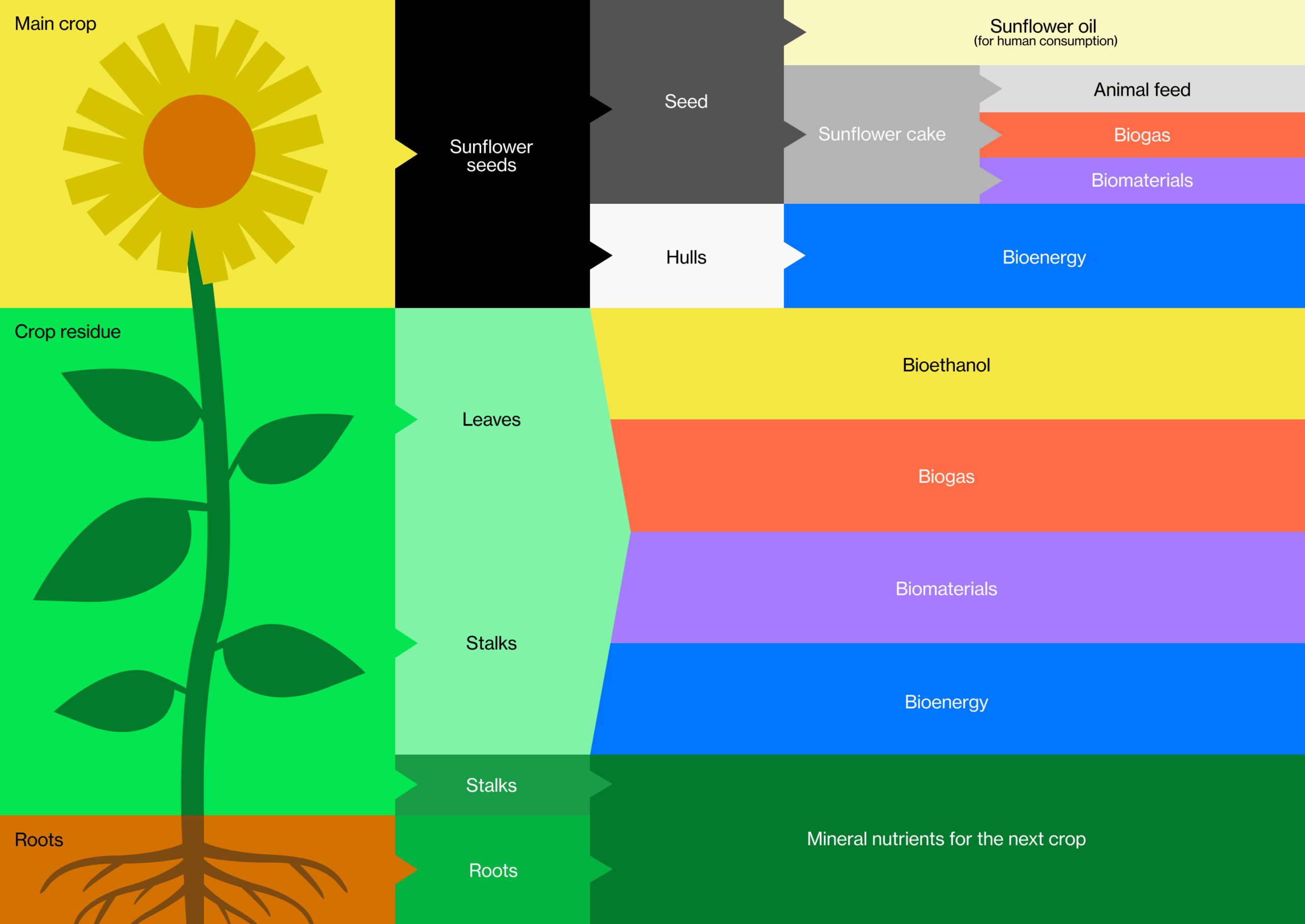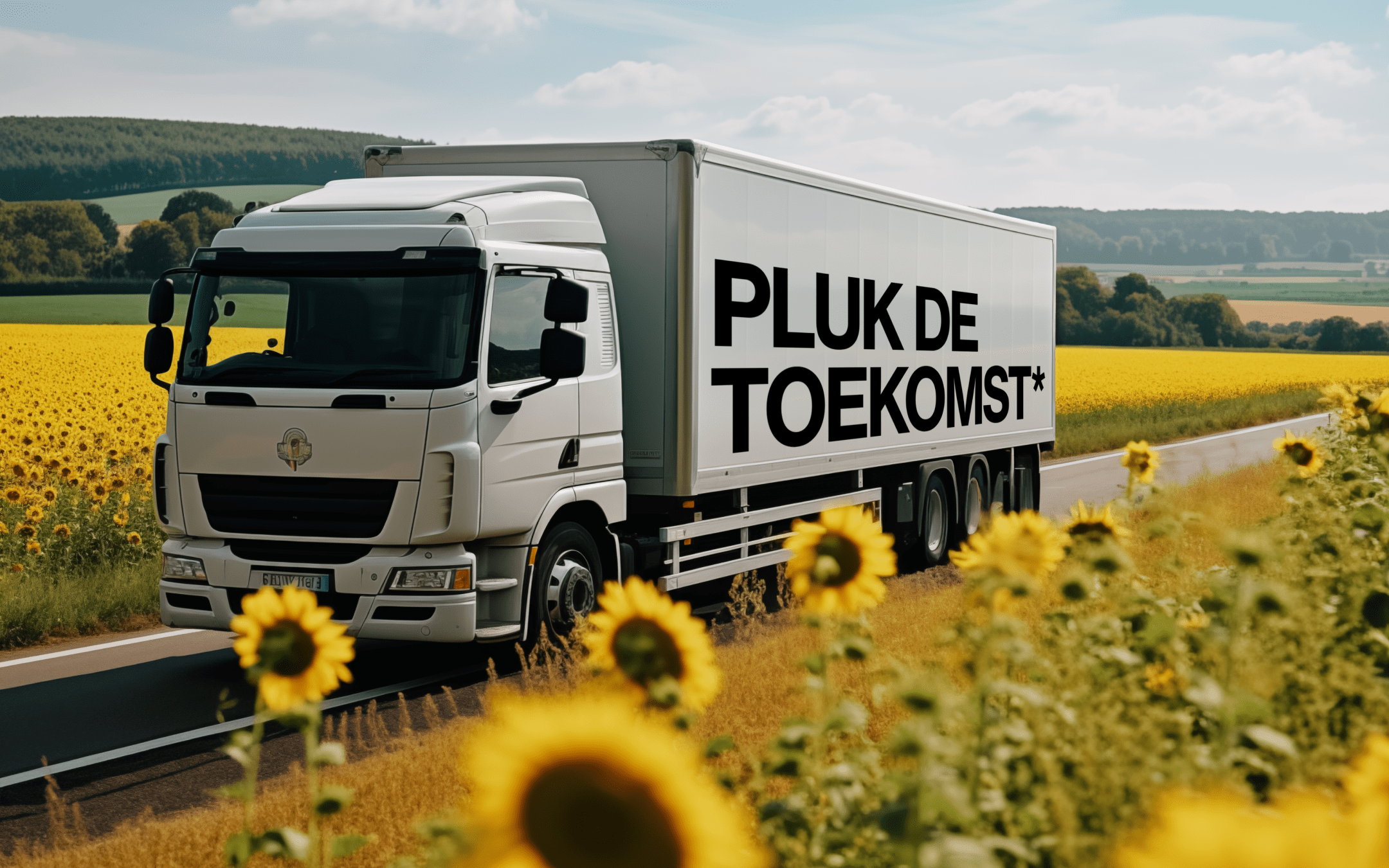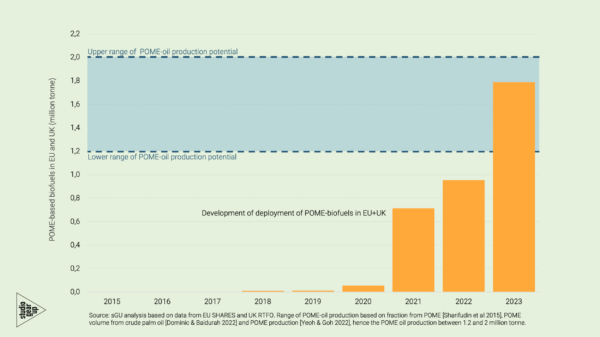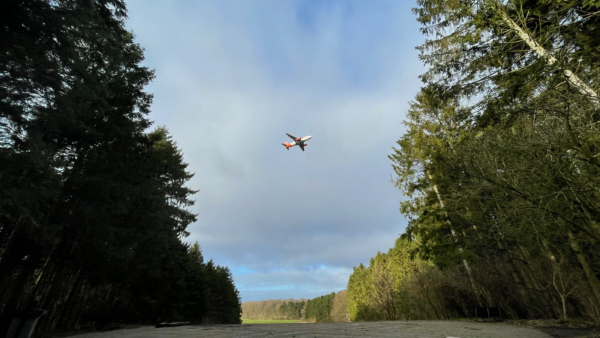A new information campaign about the untapped potential of agri-residues
The Netherlands Platform Renewable Fuels launched an information campaign on the untapped potential of agri-residues as feedstock for a wide range of products such a bioenergy, biofuels, and other bio-based products.
The use of biomass for bioenergy has been subject to contentious debates over the past decades. One of the main arguments against biomass as a renewable energy source revolves around the idea that it would compete with productive land required for food resulting in higher prices. However, this does not have to be the case. Biomass, especially in the form of agricultural residues presents a huge potential to transition towards fossil fuel free societies. Around the world, large amounts of agricultural residues, whether as leaves or stalks, make up an enormous unused potential. Most often these residues are left in the fields and sometimes even burned contributing to poor air quality and adverse health effects for the surrounding population. These residue streams could instead be an extremely valuable source that could be turned into a wide variety of useful products further promoting the transition towards a bio-circular economy.
One of studio Gear Up’s current assignments is the daily management of the Netherlands Platform Renewable Fuels, an independent knowledge and innovation platform (see also here). As one of the 2024 topics, next to transparancy and addressing the urgeny to scale up production capacity of waste-based and renewable electricity based fuels, studio Gear Up developed the concept for an information campaign on the hidden potential of biomass waste streams.
The ‘sunflower’ is in this campaign used as an illustrative example to highlight the many applications that the different components of the agricultural crops offer without compromising the production of crop’s parts dedicated to human consumption (in this case the sunflower oil) (Figure 1). For instance, the sunflower cake (the part that remains after oil extraction) can be used for animal feed, while the rest has the potential to be transformed into biogas and bio-based materials. Whereas a part of the stalks and roots will stay in the fields to provide nutrients for the next crops, the rest of the stalks and leaves can be converted into bioethanol, biogas and other biomaterials. Synergies between sectors could be created as the transformation of the agri-residue results in various products that are interesting for different markets players. Cooperation across sectors would help with the investments for the new technology base needed to process these feedstocks.

The aim of this information campaign is to spread awareness on the myriad of potentials agri-residues present and the need to mobilise them to green the sectors that are difficult to defossilise and contribute towards a bio-circular economy. Turning these agri-wastes into valuable products also provides a wide range of socio-economic and environmental benefits. The harvest and transformation of the waste can help local communities by supporting their development, creating jobs and generating revenues while providing environmental benefits such as increasing soil health by improving its quality, increasing its carbon content, and supporting biodiversity.
Have a look around and you will find that biomass grows everywhere, and it is waiting to be harvested and transformed into a range of products that are instrumental to the de-fossilisation of many industries.
To learn more about the ‘Pluck the future!’ campaign, click here.
For more information about the Platform Renewable Fuels, click here.




